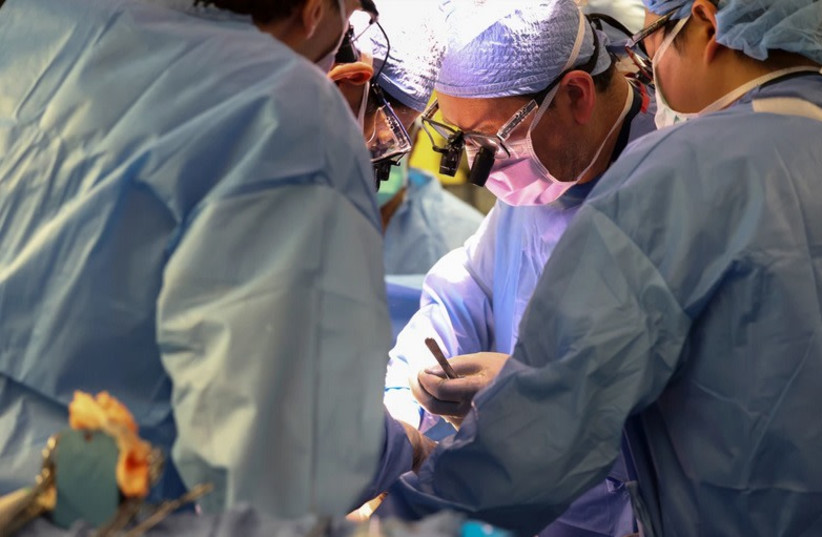A 62-year-man with end-stage renal disease has become the first human to receive a new kidney from a genetically modified pig, doctors from Massachusetts General Hospital in Boston announced on Thursday.
The four-hour surgery, performed on March 16, “marks a major milestone in the quest to provide more readily available organs to patients,” the hospital said in a statement.
The patient, Richard Slayman of Weymouth, Massachusetts, is recovering well and expected to be discharged soon, the hospital said.
Slayman had received a transplant of a human kidney at the same hospital in 2018 after seven years on dialysis. Still, the organ failed after five years, and he resumed dialysis treatments.

eGenesis of Cambridge, Massachusetts, provided the kidney from a pig that had been genetically edited to remove genes that could harm a human recipient and add certain human genes to improve compatibility. In addition, the company inactivated certain viruses inherent to pigs that could infect humans.
Successful Pig Kidney Transplants
Researchers reported in October in the journal Nature that kidneys from similarly edited pigs raised by eGenesis had successfully been transplanted into monkeys that were kept alive for an average of 176 days, in one case for more than two years.
Drugs used to help prevent the patient's immune system from rejecting the pig organ included an experimental antibody therapy called Tegoprubart, developed by Eledon Pharmaceuticals ELDN.O.
The pig kidney procedure moves the field of xenotransplantation – the transplanting of organs or tissues from one species to another – closer to becoming a potential solution to the worldwide organ shortage.
According to the United Network for Organ Sharing, more than 100,000 people in the U.S. await an organ for transplant, with kidneys in the greatest demand.
